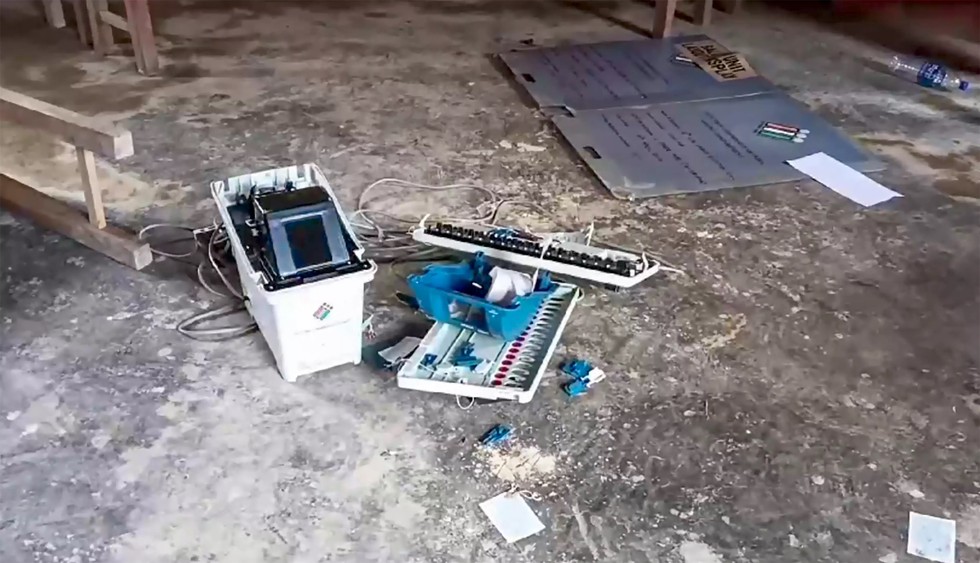In the current global landscape, political tensions and societal unrest have brought the sanctity of democratic processes, particularly elections, into question. Experts are examining the role of the Election Commission in responding to disruptions during elections.
Role of the Election Commission
The Election Commission holds various measures to address disruptions during elections, aimed at maintaining the integrity of the electoral process.
1. Extending Voting Hours
- In areas affected by disruptions, the Election Commission can extend voting hours to accommodate delays.
- This measure ensures that all eligible voters have the opportunity to cast their ballots.
2. Deployment of Additional Security Personnel
- The Commission can deploy extra security personnel to maintain order and ensure the safety of voters and polling stations.
- This helps in mitigating any potential threats to the electoral process.
3. Re-polling
- In cases where disruptions significantly impact the integrity of the electoral process, the Election Commission can conduct re-polling in affected areas.
- Re-polling serves to rectify irregularities and uphold democratic principles of fairness and transparency.
4. Postponement of Elections
- In extreme circumstances where disruptions persist or escalate, the Election Commission may choose to postpone elections in affected regions.
- Postponement is considered a last resort to safeguard the integrity of the electoral process and ensure the safety of voters and election officials.
Importance of Upholding Democratic Values
Despite the challenges posed by disruptions to the normal polling process, it is crucial to uphold democratic values and the rule of law.
Conclusion
As the world navigates through evolving political landscapes and societal dynamics, understanding the mechanisms available to address disruptions to elections is vital for sustaining democratic governance.
Multiple Choice Questions (MCQs) with Answers:
- What is one measure the Election Commission can take to address disruptions during elections?
- A) Extending voting hours
- B) Reducing the number of polling stations
- C) Limiting the number of voters
- D) Ignoring disruptions
- Answer: A) Extending voting hours
- What is the purpose of re-polling in the electoral process?
- A) To exclude certain voters
- B) To rectify irregularities
- C) To delay election results
- D) To reduce voter turnout
- Answer: B) To rectify irregularities
- In what circumstances might the Election Commission choose to postpone elections?
- A) If the weather is bad
- B) If disruptions persist or escalate
- C) If there are too many candidates
- D) If voter turnout is low
- Answer: B) If disruptions persist or escalate
